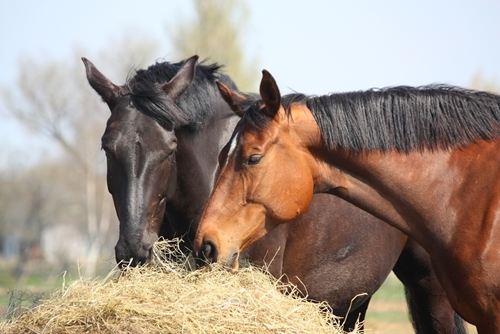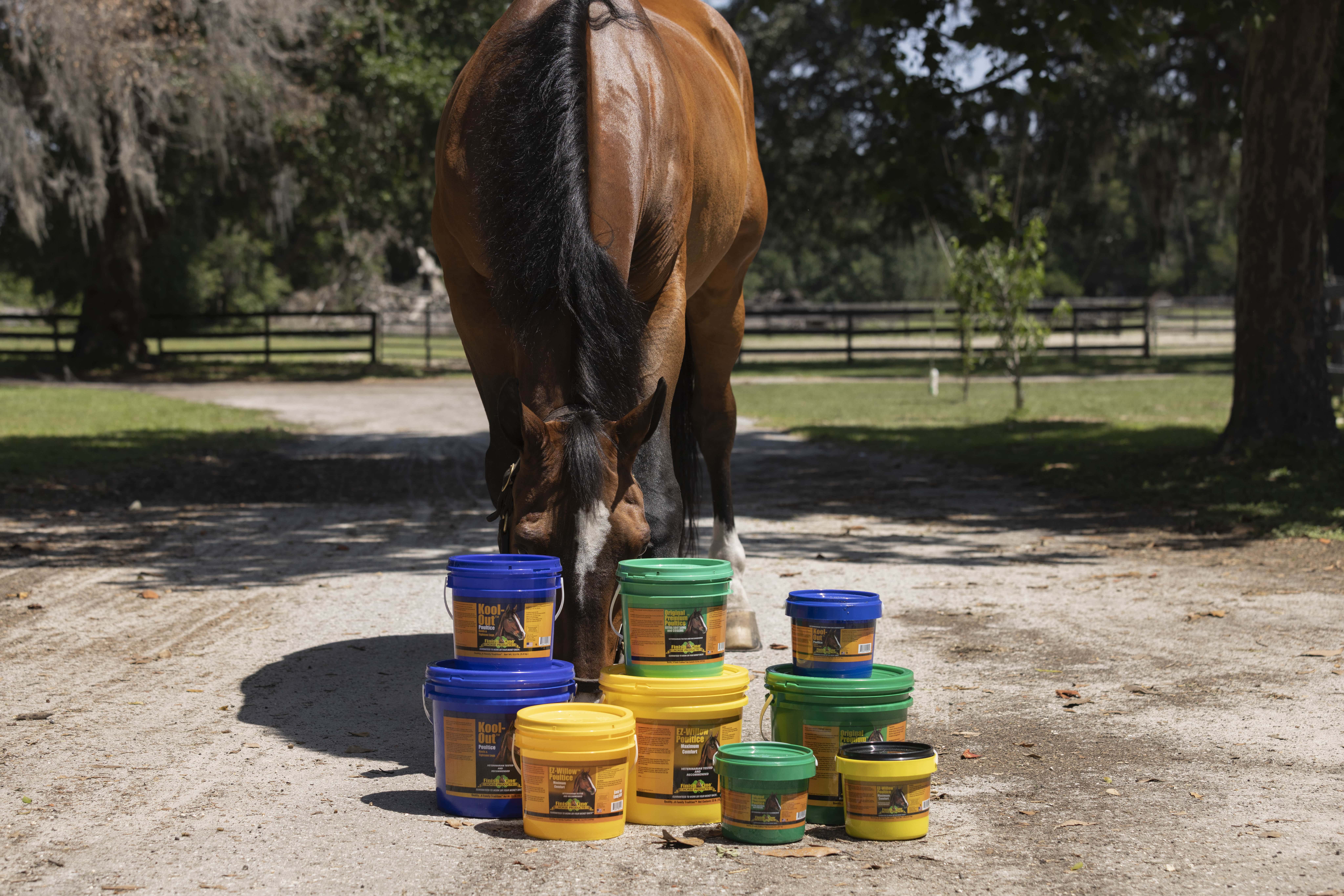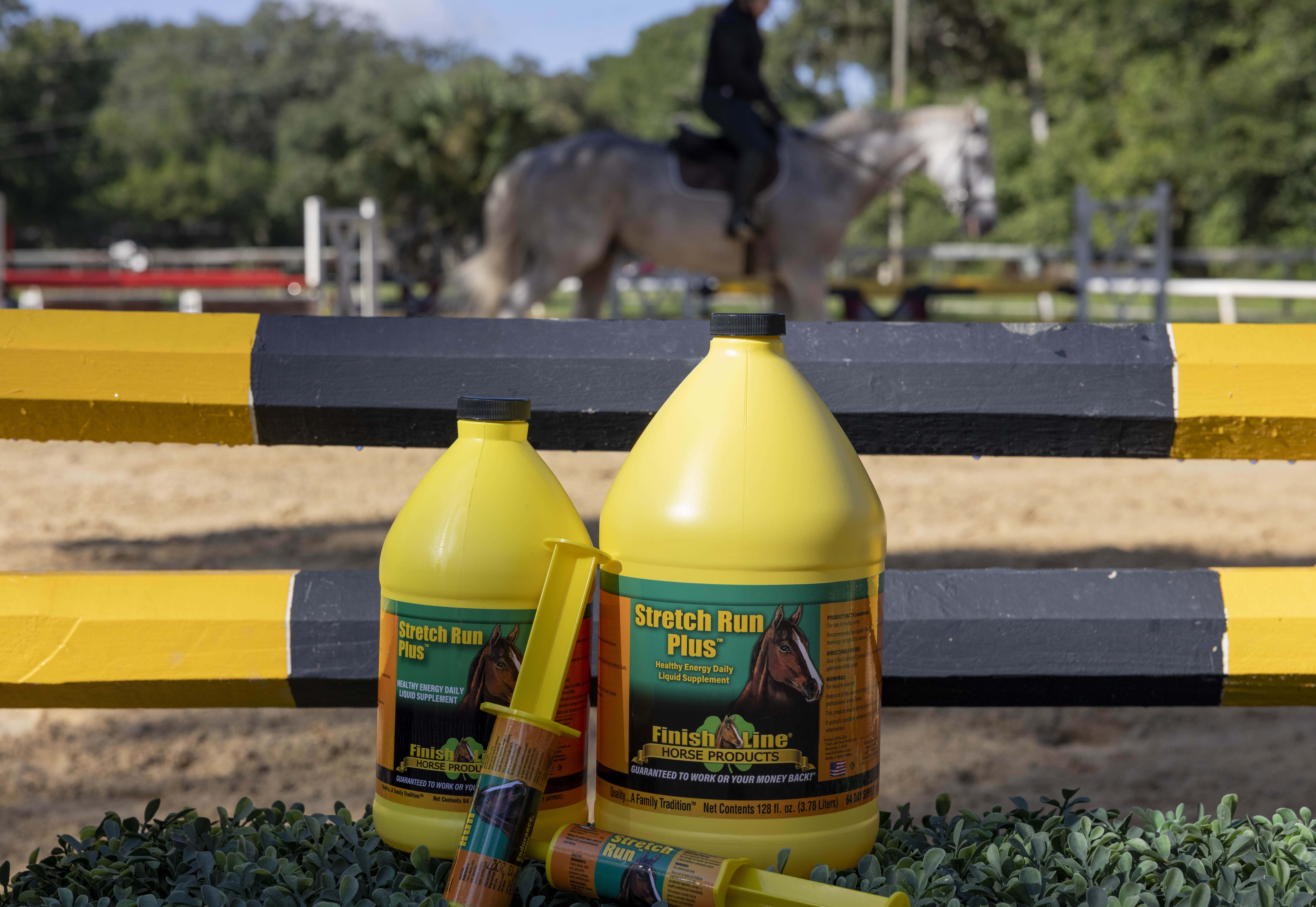Horse nutrition is on the top of list when it comes to equine care. Sometimes, due to health issues, seasonal changes or just overall variation, you may want to switch your horse’s feeding routine. However, it’s not always something that can be done quickly and easily. Because horses have a sensitive digestive system, any changes in the amount or form of feed should be made gradually. Here is a guide to switching your horse’s feeding so that it’s smooth sailing:
Changes in quantity or quality
Regardless of the type of food you feed your horses, the transition should be fairly easy. If you’re simply increasing the amount of grains, try adding at the rate of 1/2 pound per day. When it comes to high-starch diets, this is especially important. In addition, if you’re subtracting grains, it should be done over a one- to two-week period by reducing around 1/4 pound every other day. These are vital steps, as they ensure your horse’s digestive system is given the right amount of time to adjust.
“When switching your horse’s food, keep an eye on general behaviors.”
If you’re feeding your horse hay, it’s ideal to add new loads at a steady, but gradual pace. When switching your horse’s food, keep an eye on general behaviors to ensure the feeding changes aren’t too much for it. Not only can the pace affect your horse’s digestion, but it can also impact its ability to absorb nutrients.
When it comes to lush pasture, limit the horse’s grazing time to avoid any digestive upsets. A general rule of thumb is to increase the amount of turnout by one to two hours a day. Nutritionists also recommend turning out horses with an already-full stomach. Do this by feeding it hay before turnout to try and reduce your horse’s grass intake. Further monitoring of your horse’s health when switching feed can be done by looking at the feces. If you know what is normal for you horse, digestive upsets can be seen in your horse’s manure.
All about water
There are plenty of misconceptions that circulate regarding hydration for your horse. It was once advised to withhold water when a horse is dehydrated and that cold water will cause colic. However, research has shown that offering cool temperature water does not do harm to your horse. In fact, having a ready supply of fresh water will help your horse recover from exertion at a quicker pace. Making sure your hose has access to water is the best way complement a nutritious feed.
Whenever it comes to caring for and feeding your horse, there are often outside factors that need to be taken into consideration. Be sure to monitor your horse closely whenever you make small or big changes and gradually adapt your horse to new feeds, hays and pasture turnout. If your horse has specific health conditions, it may require different care. You should consult an equine nutritionist or veterinarian to create and execute a safe method.








